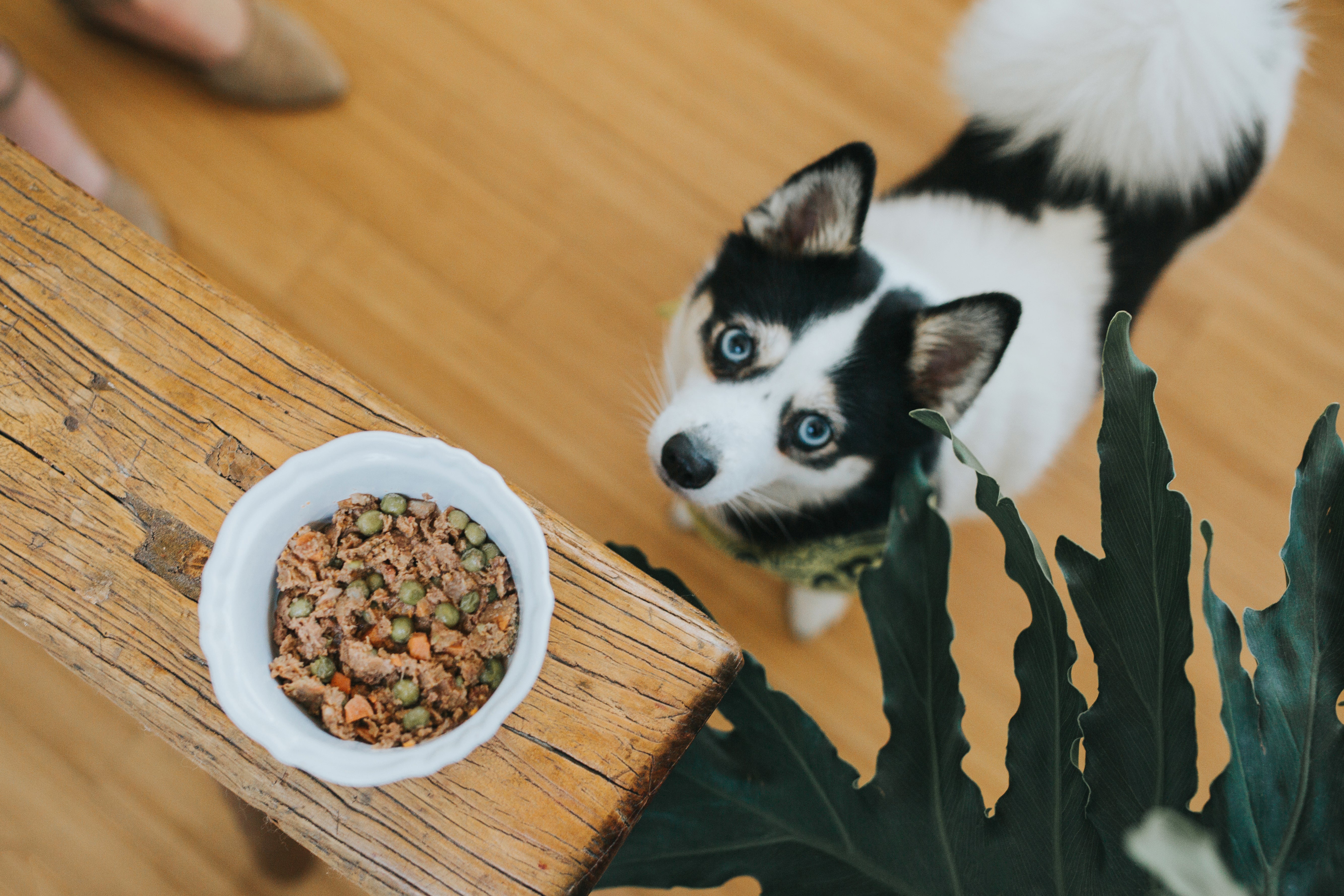When a dog has an upset stomach, you should feed it a bland diet of boiled chicken and rice. This will help soothe their digestive system and provide easy-to-digest nourishment.
A combination of boiled, skinless, boneless chicken and plain white rice is gentle on the stomach and can help ease gastrointestinal distress. Additionally, you can incorporate a small amount of low-fat plain yogurt or pumpkin puree to provide beneficial probiotics and fiber.
It’s important to avoid seasoning, oils, and any additives, as these can worsen the condition. Providing small, frequent meals and ensuring access to fresh water are also essential. If the symptoms persist, it’s best to consult with a veterinarian for proper diagnosis and treatment.
Soothing Diets For Dogs’ Upset Stomach
Identifying Upset Stomach Symptoms in Dogs: When your dog’s stomach is upset, it may exhibit symptoms such as vomiting, diarrhea, lack of appetite, and lethargy. It’s essential to closely observe your dog’s behavior to determine if its stomach is upset.
Common Causes of Canine Digestive Issues: Dogs can experience digestive issues due to various reasons such as dietary indiscretion, food allergies, infections, parasites, and dietary changes. Identifying the root cause of the upset stomach can help in determining the most suitable diet for your dog.

Credit: apupabove.com
Safe Foods For Upset Canine Tummies
Bland Proteins: Boiled chicken and turkey are gentle on your dog’s stomach and provide easily digestible protein to aid in recovery.
Carbohydrates: White rice and pumpkin are low-fiber, easy-to-digest sources of carbohydrates that can help to soothe your dog’s upset stomach.
Importance of Hydration: Keeping your dog hydrated is essential, so make sure they have access to clean, fresh water at all times. You can also offer ice cubes for them to lick, which can be soothing and help prevent dehydration.
Home Remedies And Meal Ideas
When a dog has an upset stomach, it’s important to provide diy dog-safe electrolyte solution to prevent dehydration. A simple recipe can include water, salt, and sugar in the right proportions. Another option is the rice and chicken meal plan, which is easy on the stomach and provides needed nutrients. Adding pumpkin puree to your dog’s food can also be helpful since it soothes the stomach lining. These homemade remedies are gentle on your pet’s system and can help ease discomfort. It’s always important to consult with a veterinarian for specific advice tailored to your dog’s needs, as individual cases may vary.
Store-bought Options And Supplements
Probiotic supplements can be beneficial for maintaining digestive health in dogs with upset stomachs. These supplements introduce healthy bacteria into the digestive system, aiding in the balance of gut flora. Additionally, there are commercially available sensitive stomach dog foods specifically formulated to be gentle on the digestive system, providing nutritious options for dogs with upset stomachs. In some cases, prescription diets may be recommended by a veterinarian for severe digestive issues. These diets are tailored to address specific digestive concerns and can provide targeted nutrition for dogs with sensitive stomachs.
Monitoring And Modifying A Dog’s Diet
When a dog has an upset stomach, it’s important to monitor and make necessary modifications to their diet. Introduce new foods gradually, allowing the digestive system to adjust. Look out for signs of allergies or intolerances such as vomiting, diarrhea, or excessive itching. Differentiate between regular and temporary dietary changes. Keep an eye on your dog’s response to new food items and factor in any sensitivities or allergies they may have. This cautious approach will help in alleviating their stomach issues and promote improved digestive health.
Veterinary Advice For Chronic Issues
Feeding a dog with an upset stomach requires careful consideration and consultation with a veterinarian. Chronic issues should prompt a discussion with your vet to determine the best course of action. Consult your vet when experiencing chronic issues, as they can recommend proper tests for underlying conditions and provide guidance on long-term diet adjustments. It’s important to prioritize your pet’s health with professional advice when dealing with ongoing stomach problems.
Frequently Asked Questions On What To Feed A Dog With An Upset Stomach
What Are The Best Foods For A Dog With An Upset Stomach?
To alleviate your dog’s upset stomach, consider feeding easily digestible foods like boiled chicken, white rice, or plain yogurt. These options can help soothe your pet’s digestive system. It’s crucial to consult a veterinarian to ensure you are providing the right foods for your dog’s specific condition.
Can I Give My Dog Pumpkin For An Upset Stomach?
Yes, canned pure pumpkin is a good choice for dogs with upset stomachs. The fiber in pumpkin can help regulate your dog’s digestive system. Start with a small amount, such as a teaspoon, and monitor your dog’s reaction before increasing the serving size.
Always consult your vet before making dietary changes.
Is It Safe To Feed My Dog Bland Food When It Has An Upset Stomach?
Feeding your dog bland food is generally safe and beneficial when it has an upset stomach. Bland options like boiled chicken and white rice can help soothe your pet’s digestive system. However, it’s essential to consult with your veterinarian to ensure proper dietary recommendations based on your dog’s health needs.
How Long Should I Feed My Dog Bland Food To Help Its Upset Stomach?
You should feed your dog bland food for 2-3 days to alleviate its upset stomach. After this period, gradually reintroduce its regular diet to avoid upsetting its tummy again. If the symptoms persist or worsen, consult your veterinarian for further guidance and potential treatment options.
Conclusion
In sum, when caring for a dog with an upset stomach, it’s crucial to be mindful of their dietary needs. Selecting bland, easily digestible foods and providing plenty of water can aid in their recovery. Always consult with a veterinarian and monitor their progress to ensure their well-being.
Your furry friend will surely appreciate your attentive care and support during this time.


